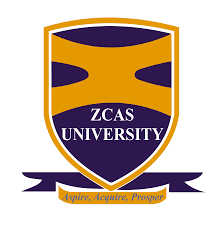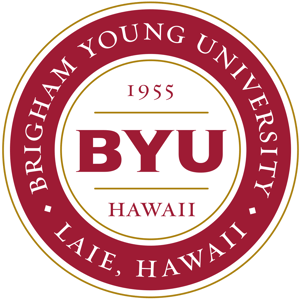In this international business simulation, students act as the management of a multi-national bicycle company. Working in teams, students compete in four of the largest emerging markets, which include Brazil, India, China, and South Africa. In each round they must respond to fluctuations in the market, complete internal and external analyses, determine/change their strategic focus, and make operational decisions for all departments of their companies.
Once the students have been placed in teams, they then decide on their company name and logo and divide managerial roles between themselves. Members can either choose to be in charge of a specific department such as marketing, HRM, finance or purchasing and distribution or this can devolved to regional level roles, with each student focusing on one of the four emerging markets.
Students must make their operational decisions in-line with their chosen strategy to outperform those who compete in the same market segments. Their performance is then measured by the Balanced Scorecard with each team (company) ranked using a 'stock exchange' valuation.
The simulation game offers a wide variety of different strategic modules that can be added, removed, or placed in a certain sequence in-line with the module’s weekly teaching subjects. For example, if you are teaching SWOT and PESTEL in week 1, and BCG and CSR strategy in week 2, then our Operations team will introduce those features in the simulation according to your schedule.
Other international business elements that can also be added include subjects such as Porter's Five Forces and Ansoff's Growth Strategy, as well as a range of other modules. This business simulation allows students to apply the tools and theories that you have introduced to them and put them into practice.
The Emerging markets simulation is usually assessed in several ways. Below you will find the most popular options:
“It’s been a fantastic collaboration and partnership. The simulation worked very well for my students and me.”
Dr. Anna Tilba, Associate Professor, Durham University
We've been working with Anna for over seven years, providing a range of business simulations for her undergraduate and postgraduate students. In this case study we take a look at how the Emerging Markets Simulation fits within her first year undergraduate module: 'Strategy in Practice'. 
Values and Objectives
Strategies
| Features | |
|---|---|
| Student Levels: | All UG students |
| Modules: | International Business, Strategy in Practice |
| Languages: | |
In a business simulation theoretical models are put into practice. They provide participants with a unique experience in which team-working, analytical thinking and insight, and decision-making skills are trained and tested throughout each round, enabling student-led and experiential learning.
Register for exclusive offers, industry and new product updates, as well as our tips for great e-learning experiences for your students.
.png?length=300&name=unnamed%20(11).png)
.png?length=300&name=unnamed%20(7).png)
.png?length=300&name=unnamed%20(8).png)
.png?length=300&name=unnamed%20(6).png)

.png?length=300&name=unnamed%20(10).png)
.png?length=300&name=unnamed%20(5).png)
.png?length=300&name=unnamed%20(9).png)
.png?length=300&name=unnamed%20(4).png)
.png?length=300&name=unnamed%20(2).png)
.png?length=300&name=unnamed%20(1).png)
.png?length=300&name=unnamed%20(3).png)
.jpg?length=300&name=unnamed%20(2).jpg)





.png?length=300&name=loughborough-university-logo%20(small).png)


 Management simulation
Management simulation Edubook
Edubook
application recieved
We have received your question and we will return to you within 24 hours on workdays.